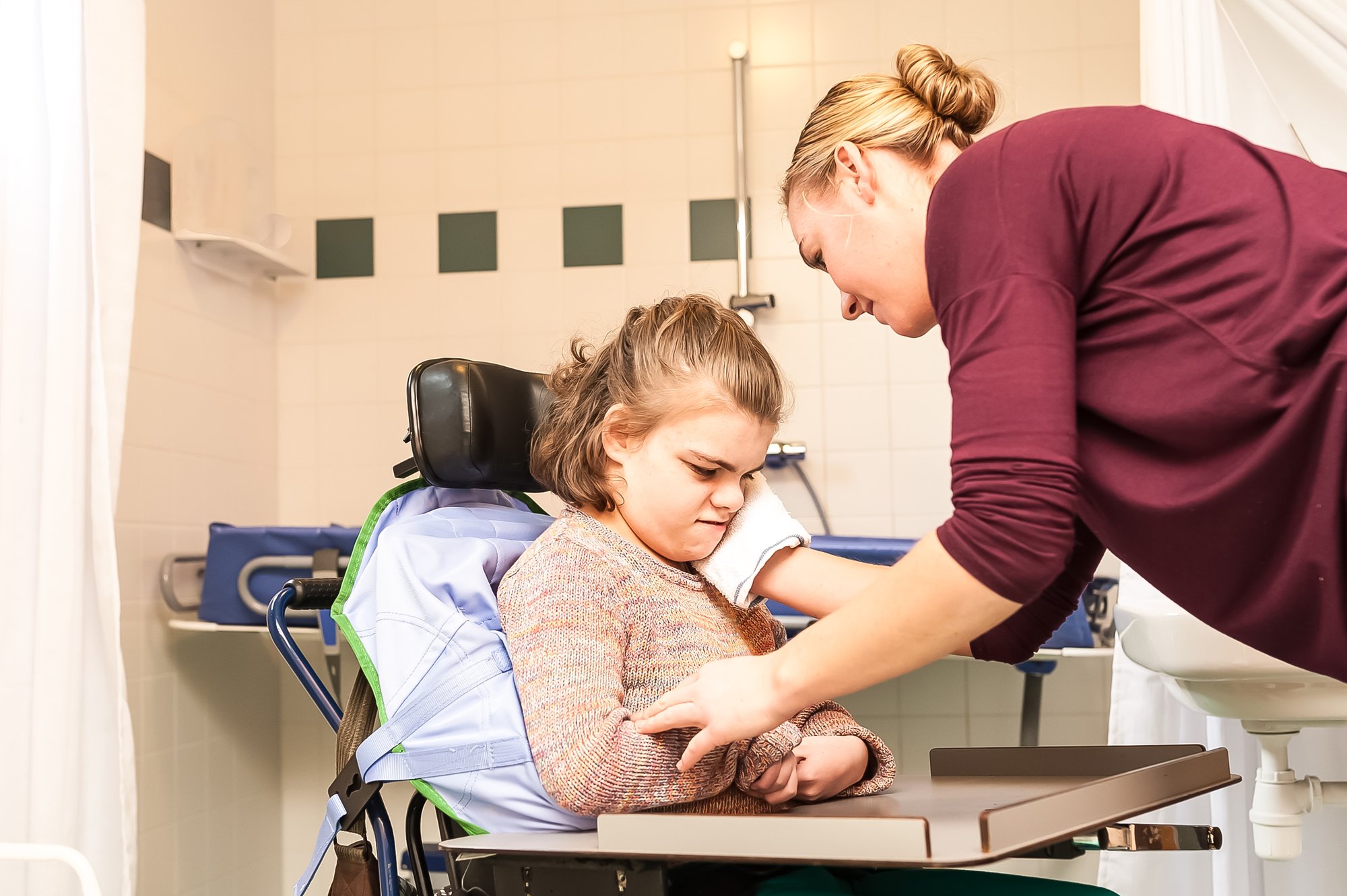The pandemic’s impact reinforces the need for change in the delivery of disability services. Some of us were excited about the prospects of positive day services change last fall. But that was not to be: the weight of post-pandemic work including “safe return” strategies, concern about finances, and extreme workforce shortages delayed new models or supports.
This past Tuesday, however, the Executive Office of Health and Human Services (EOHHS) shared “Home and Community First Pillars,” which reflect the state’s commitment to new ways of meeting constituents’ needs and goals. This and other objectives need all of our active participation and ideas as implementation on the ground is key. The state must file its plan on October 15 with the federal government.
The Arc’s position of “Individuals/Families First” is not unlike the concepts underlying EOHHS’ initiative. Our goal may be broader, also reflecting a system in need of change.
Presently, nearly 11,000 people are served mainly through a provider system, with others served through state employees. Most of the funding at the Department of Developmental Services is invested in a congregate care design that operates 24 hours/7 days a week (group homes, staffed apartments, and remaining institutions). This is understandable and some (most?) already in that system may like what they have.
But we need a system that can accommodate more people while reinforcing personal choice and flexibility. For many, the present services or supports are neither adequate, nor geared for their individual journey, hopes, and goals. Add to those numbers the persons graduating school, “turning 22,” and needing some level of adult assistance who are blocked during this “post-COVID” period
Building an infrastructure that encourages the use of supports packages for adults (including MassHealth options), removes self-direction barriers, increases technology access, and allows responsible parties to receive compensation will make a difference in access. The approach should allow direct support salaries to rise to competitive levels. EOHHS’ “Home and Community First” is aligned with these goals, although specifics may be different such as addressing youth and adult needs proactively and during periods of crisis.
In closing, let’s recognize all providers of residential services who are doing their best during this workforce crisis to maintain stability: a nod to day service providers who have worked to re-open safely, implementing new safety protocols, and a nod to EOHHS and DDS which have made adjustments to maintain a stable system, including the decision to extend for 6 months financial enhancements for home- and community-based (HCBS) WAIVER services (through June 30, 2022 – federally reimbursable services do include DDS residential, day and employment), and $100 million in accommodations during FY’21. The funding support was actively supported by our state legislature.
In addition, DDS and EOHHS advanced “technology forward” methods during COVID for our constituency, which meant revising federal HCBS waivers so more persons can have technology access. These efforts should not be forgotten.
LEO LIVE ON MONDAY, OCTOBER 4
On Monday, October 4, Leo will update stakeholders on HCBS information learned during this past week, review elements of the “Home and Community First Pillars” shared by administration officials, and discuss the workforce crisis. Register at bit.ly/LeoLives.




